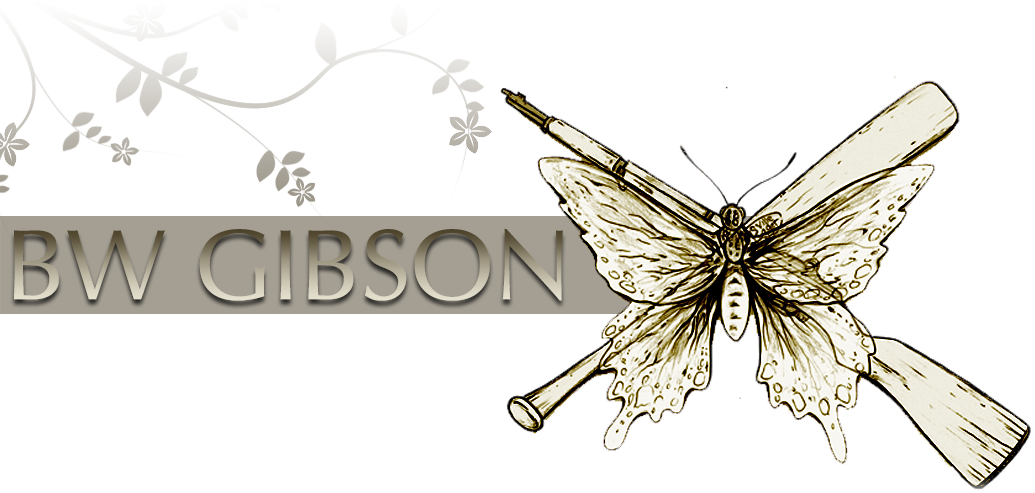You’ve all heard of the “Golden Ticket” from Charlie and the Chocolate Factory – right? In this classic children’s story by Roald Dahl, kids all over the world are rushing to the nearest candy shop to by a Willy Wonka Candy Bar anticipating the extraordinary odds of discovering a golden ticket inside! Imagine how excited that moment must have been for each of those five lucky winners. That ticket would have been their most important possession. Imagine if any of them would have lost their ticket. What an absolute tragedy. Imagine if your business card symbolized a similar value. In essence, you would be the Willy Wonka of your industry or in your local market. What yielding effects this would have on your sales results!
Obviously, some may be thinking: Brian, don’t you think you’re exaggerating a little? But in my professional experience of apprenticing along side a host of very successful leaders in business, I’m not exaggerating at all. My MISSION is to CONNET AND INSPIRE. I try and remain cognizant of this in my writings (including my first novel Extra Innings: The Diamond Thieves), my music and my poetry. One way to create that memorable connection at events is through stunning visual displays, like LED video wall hire to make your event truly stand out. If you’re looking to elevate your event to an unforgettable level, consider this resource at https://conferenceaudiovisual.co.uk/av-for-corporate-meetings/, where impactful audio and visuals can captivate your audience and leave a lasting impression. To ensure everything runs smoothly, click here for event planners who can turn your ideas into reality and manage every detail.
I have fifteen years of experience in coaching individual sales reps and sales teams to become top producers. The most important step in any sales process is connecting with your customer and/or audience. This is something that needs to occur throughout the sales process. In The Diamond Thieves, I try connecting with people about flaws in our country’s societal values through the character of T.J. Writers should consciously try and connect with their readers throughout the stories they tell. Salespeople are charged with the objective of connecting either in person or over the phone. I’m going to share with you a formula for mastering this skill in person in conduction with optimizing the moment of sharing your business card.
First I want to share my overall observations of this encounter. I refer to most business chard exchanges as a “blind transfer.” Business cards are most often just routinely handed off. There is no salient moment where a memorable connection is made reinforcing the value of the other person possessing your business card (Golden Ticket). Print marketing companies all over the country are focusing their creative intelligence on designing a unique business card that stands out above all the rest, with the goal of improving your payroll by the help of this software tools. However, if everyone has that specially uniquely designed card – then doesn’t the collection of individual uniquenesses eventually all cancel each other out. Don’t most business cards end up in a pile with dozens of others? Your ability to connect and establish an outstanding value with your client will earn your business card a position at the top of the deck – or even more effective a permanent place in your client’s wallet or smartphone. Additionally, event ticketing companies play a crucial role in this process, as they focus on optimizing ticketing experiences for various events and occasions. With the collaboration of the audio visual hire, they successfully enhance the overall experience. (Side Note: I personally like the app Evernote). Also, the corporate event production is another key factor in enhancing these experiences. You can also check out this site at https://av-hire.uk/concert-av-hire/, for more information. Additionally, amidst this sea of exchanged cards, it’s important to consider the inclusion of invoices, which often accompany these interactions.
How do you do this? Like I said, it’s all boils down to your ability to establish a genuine connection. ONLY after you feel this has been established should you even consider ramping up for the exchange of your business card. Here is a simple formula to follow:
STEP 1: Establish a Genuine Connection (refer to previous blogs on connecting).
Step 2: Pay them a compliment by appealing to their pride. Make sure that compliment is based on the conversation you two have been having. For example, “Bob, I like hearing about your passion with helping people find better ways to communicate to their employees.”
Step 3: Ask For Permission to share your business card.
Step 4: Get Confirmation that they are interested in receiving your business card.
Step 5: Then … and only then … Hand them Your Business Card (Here’s an additional tip: write something on the front or back of your business card to make it stand out even more. Make it pertinent to the connection you two have established. For example, if you know of a website, author’s name, book, magazine, or something that is pertinent to what’s important to them that they would find value in referencing in the future.
Make Sense? This is so important versus simply shelling out your business card because it’s the standard business practice.
REMEMBER: Being the exception versus the norm will move your business light years ahead of your competition and earn your business card that “Golden Ticket” – like status.
